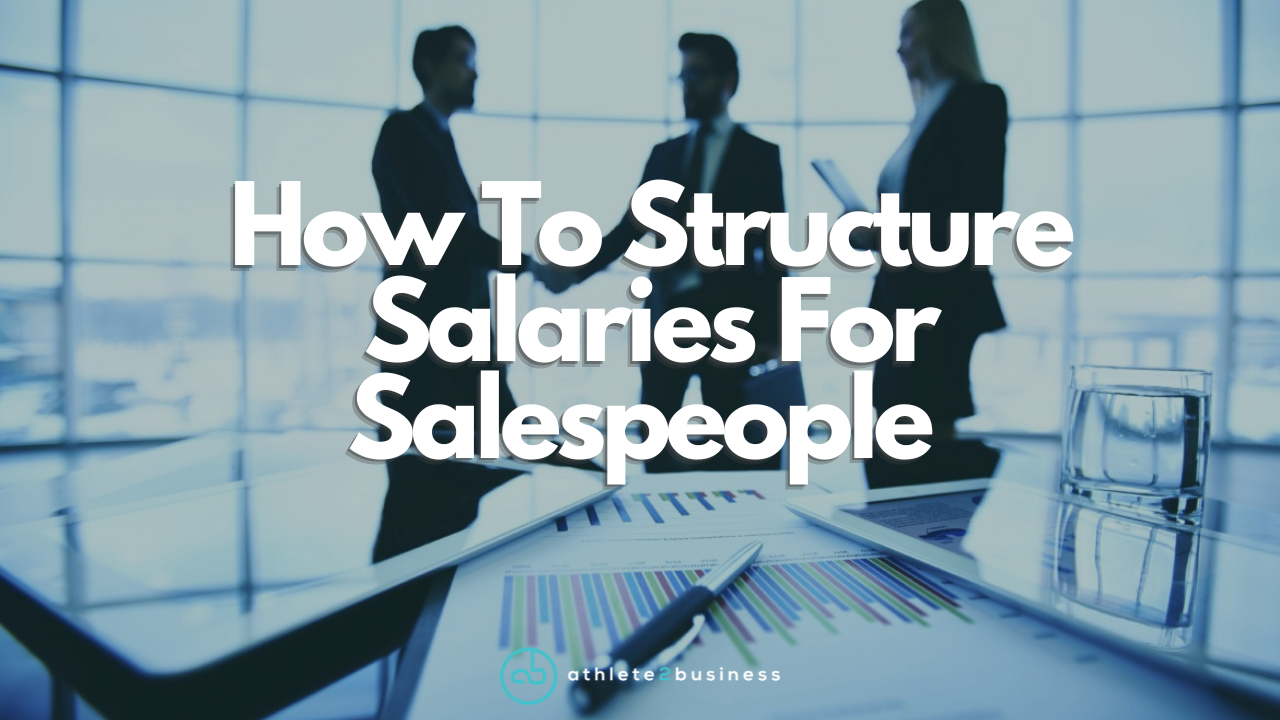The first 4 years after pro sport retirement
The first 4 years after pro sport retirement

Transitioning from professional athlete to business professional can be a very daunting time. Especially if your whole sporting career has centered around one main focus and goal – being the very best professional athlete you can be. Unfortunately, and understandably so, the majority of athletes in today’s pro sports industry do little to nothing to prepare for a career after sports.
This is understandable, as to be the very best in your sport you need to work on your game day in day out, have minimal distractions and have a single focus. Of course, this is a common misconception but it’s how most athletes think.
That’s why after retirement athlete’s are hit with a harsh reality – “What on earth do I do now and how!!”
If you’ve never focused on anything outside your sport, this reality can be very hard to come to terms with. However, if you don’t tackle this reality head on, it can be a downwards spiral towards long term unfulfillment and a life of struggle after sport. That’s why the first 4 years after retirement are highly critical in setting yourself up for a successful career in business and a fulfilling life!
Here are some tips to ensure the first 4 years are the best they can be:
- Forget about passion – Playing your sport is something you’re highly passionate about. Outside your family, nothing else compares to that level of passion. So when “playing your sport” stops and you’re forced to do something else, it’s weird, sad, shit and uncomfortable to be doing something you’re not as passionate about. Well…get over it!! You’re not going to find that passion right away and probably not for a long time! You need to learn to “do” and “perform” in something you’re not passionate about. Eventually once you discover that passion you’ll work harder because you’ll appreciate the hard work it took to get there so for now…
- Focus your attention on learning – As mentioned in point 1, you’ll most likely hate your first few jobs, however, the hate & lack of passion can be controlled by shifting your attention on learning. Knowing that the universe has bigger plans in store for you, for now focus on learning as much as possible in your current job. Nothing beats real life experience. These days if you have 15 degrees, masters, published articles, honors etc the first thing an employer asks in an interview is “what experience do you have?” Well…soak in and pay attention in your current job experience – perfect your communication, written skills, computer skills, internal coms, business acumen, sales pitch, admin, how to negotiate and much more. Look at it as a 4 year university course where you actually get paid! What you learn now, will make you better later!
- Read non-fiction books – Immerse yourself in self help & business books & podcasts. On your commute to and from work read and listen to podcasts about business and entrepreneurship. This is on the same theme as point 2 but it will help you discover what you really want to do. The same way you worked on your game in sport, this is how you work on your business game! Podcasts that helped me (when I say helped, I mean dragged me out of the gutter after being broken due to retirement and helped me discover my passion outside of sport) are The School of Greatness with Lewis Howes, The Tim Ferris Show and The Smart Passive income Show! Highly recommend all 3!! Changed my life!
- Take Public Speaking Courses – One of the biggest challenges athletes face transitioning into business are confidence and business acumen. This could be confidence in job interviews, on the job presentations, business negotiations and more. To ensure you perfect these skills faster take different public speaking courses. Take some general classes and business specific ones. There’s nothing that builds confidence more then facing your fears head on! In the first 4 years, you should be taking 3-4 public speaking courses per year.
- Work on your digital & paper resume – Get your resume professionally done! Your resume is what makes the first impression. Take some time and invest $200-$400 in getting your resume professionally done as the return on investment can be astronomical! Along the lines of first impressions and showing your “personal business brand” you must be active on LinkedIn. Study on how to use LinkedIn and leverage its power to grow your business stock and hireability.
- 6 months rule – Along the common theme of hating your first few roles in business and struggling to find fulfillment you will have a strong urge to quit your job within a week. As mentioned in point 1, you need to get over yourself, the lack of passion, the hate and just get on with the job. For the reasons of, chopping and changing jobs looks HORRIBLE on your resume but more importantly to really take advantage of point 2, you need to give yourself at least 6 months so you can learn as much as possible! Remember, it’s a paid university course…not a free education…they pay you to learn!!!
- Grow your network – In business, it really is who you know more then what you know! Referrals help you get sales! Staying in a role for as long as possible is great so you can learn more, however, it is even more important so you can grow and develop business relationships. Who you meet now might be the exact same person that helps you 4-5 years from now, or becomes your first customer when you start your own business! Other ways to grow your business network is by attending networking events, being active on LinkedIn and joining networking groups.
News





